Digital Accessibility Working Group
The Digital Accessibility WG is located at the Hochschulforum Digitalisierung (HFD) in the Innovation Hub and is an important component of the Digital Participation work area. The WG members are proven experts in the field of digital accessibility and have set themselves the goal of developing measures and tools that promote digital accessibility in teaching and learning and strengthen its structural anchoring at universities.
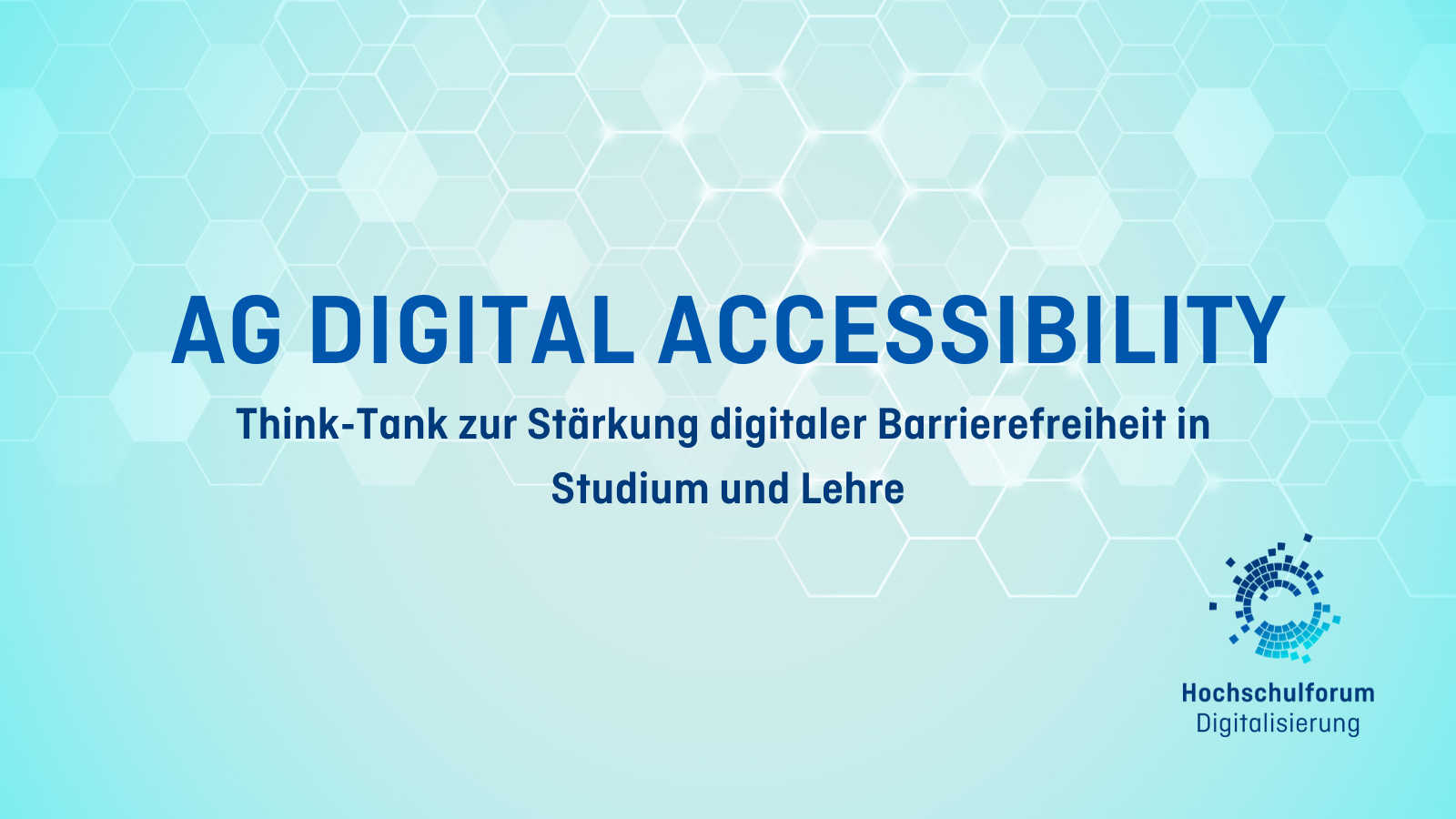
Background
EU Directive 2016/2102 requires universities to make their digital offerings accessible. At federal and state level, the directive is implemented by the Barrier-Free Information Technology Ordinance (BITV 2.0). This applies to web presences and mobile applications as well as digital administrative processes and software. At universities, campus and teaching/learning management systems and intranet applications are added to the mix. Furthermore, the barrier-free preparation of teaching materials as well as the methodological-didactic design of (teaching) events is of particular relevance in order to offer not only students and employees with physical disabilities, but all university members an inclusive and enriching working, teaching and research environment.
Targets
The goals of the Digital Accessibility WG are to make university administrations even more aware of the comprehensive and holistic implementation of digital accessibility and to provide them with information and consulting formats for this purpose. For this purpose, the Working Group develops
- Information and strategy workshops for university managements and university politics
- A working paper that provides information and assistance to those responsible at universities on how digital accessibility can be strategically anchored and implemented.
The aim is not only to ensure compliance with the legal framework, but also to highlight the added value of barrier-free offerings for all university members.
Past events:
- Strategy workshop “Digital Accessibility in the Higher Education Context” with university leaders on November 15, 2022 in Jena and February 07, 2023, digital.
- “Digitale Barrierefreiheit im Hochschulkontext” information session with higher education policy representatives on February 28, 2023, digital; HS policy workshop follow-up report; “Digitale Barrierefreiheit im Hochschulkontext” presentation.
- Micro training “Digi[Snack]Bar on Digital Accessibility on 03-12 May 2022: Digi[Snack]Bar: Micro training on Digital Accessibility.
AG-Mitglieder Digital Accessibility:
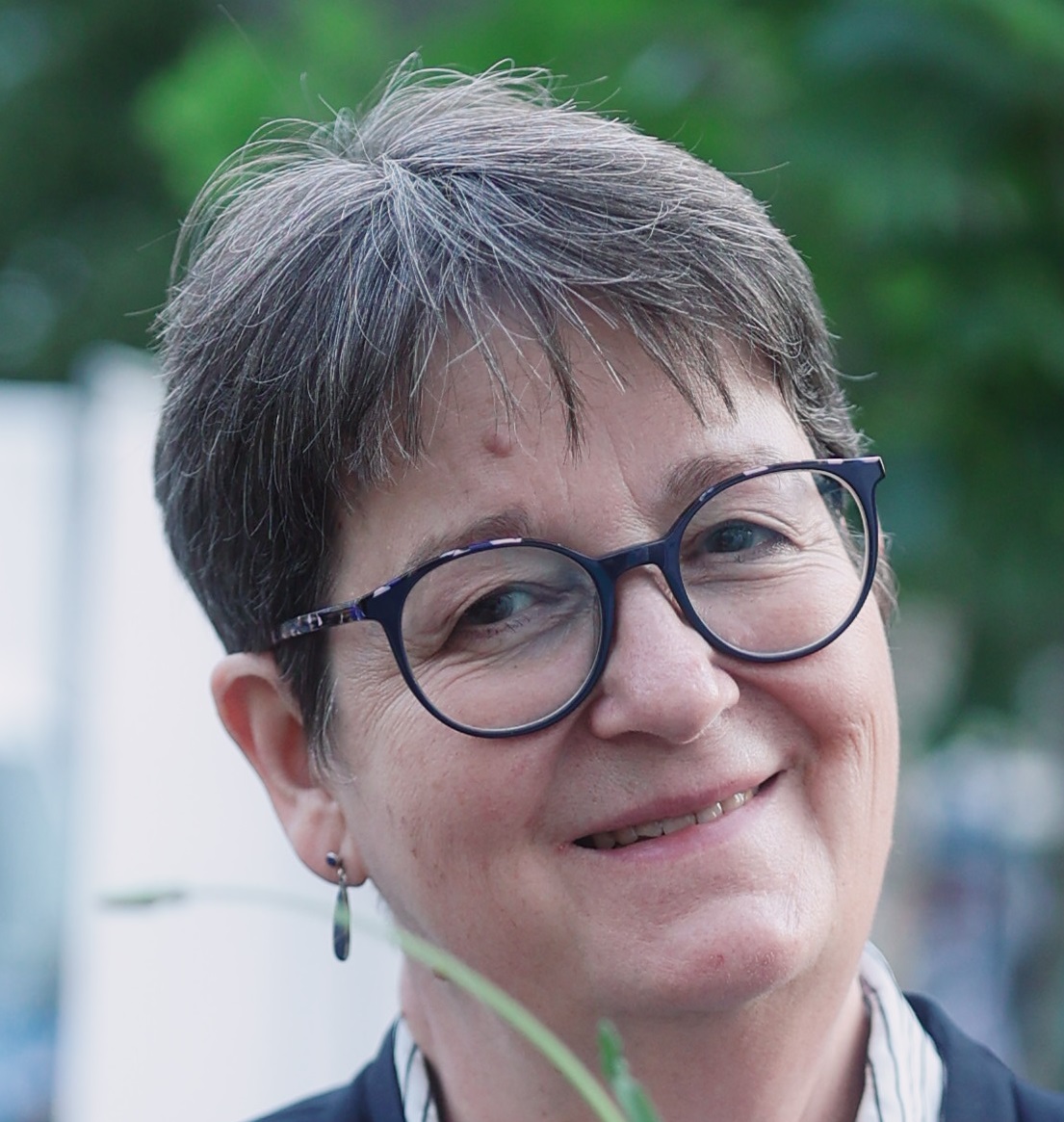
AG-Vorsitzende Prof. Dr. rer. nat. Monika Gross
Professorin für Zell- und Molekularbiologie; Berliner Hochschule für Technik

Dr. Carsten Bender
TU Dortmund/Zentrum für Hochschulbildung (zhb), Leiter Bereich Behinderung und Studium (DoBus)
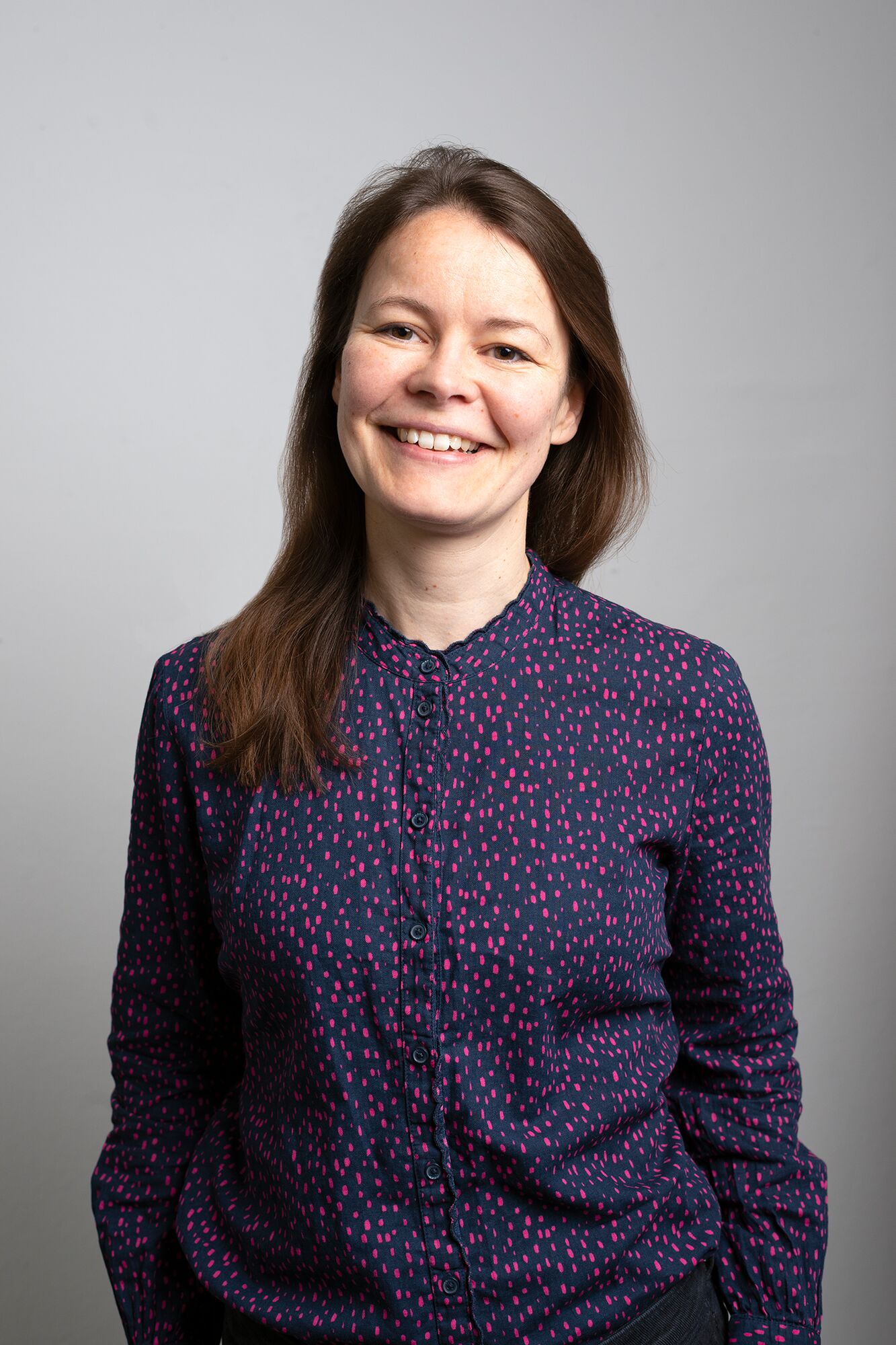
Dr. Stefanie Dreiack
Koordinierungsstelle Chancengleichheit Sachsen, Koordinatorin für Inklusion
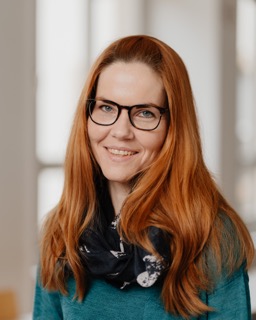
Victoria Engels
Studentin und Mitglied des Studierendenrats der Universität Heidelberg sowie der AG Barrierefreiheit

Dr. Björn Fisseler
FernUniversität Hagen, Dekanat der Fakultät für Psychologie, Wissenschaftlicher Mitarbeiter, Fachmediendidaktik
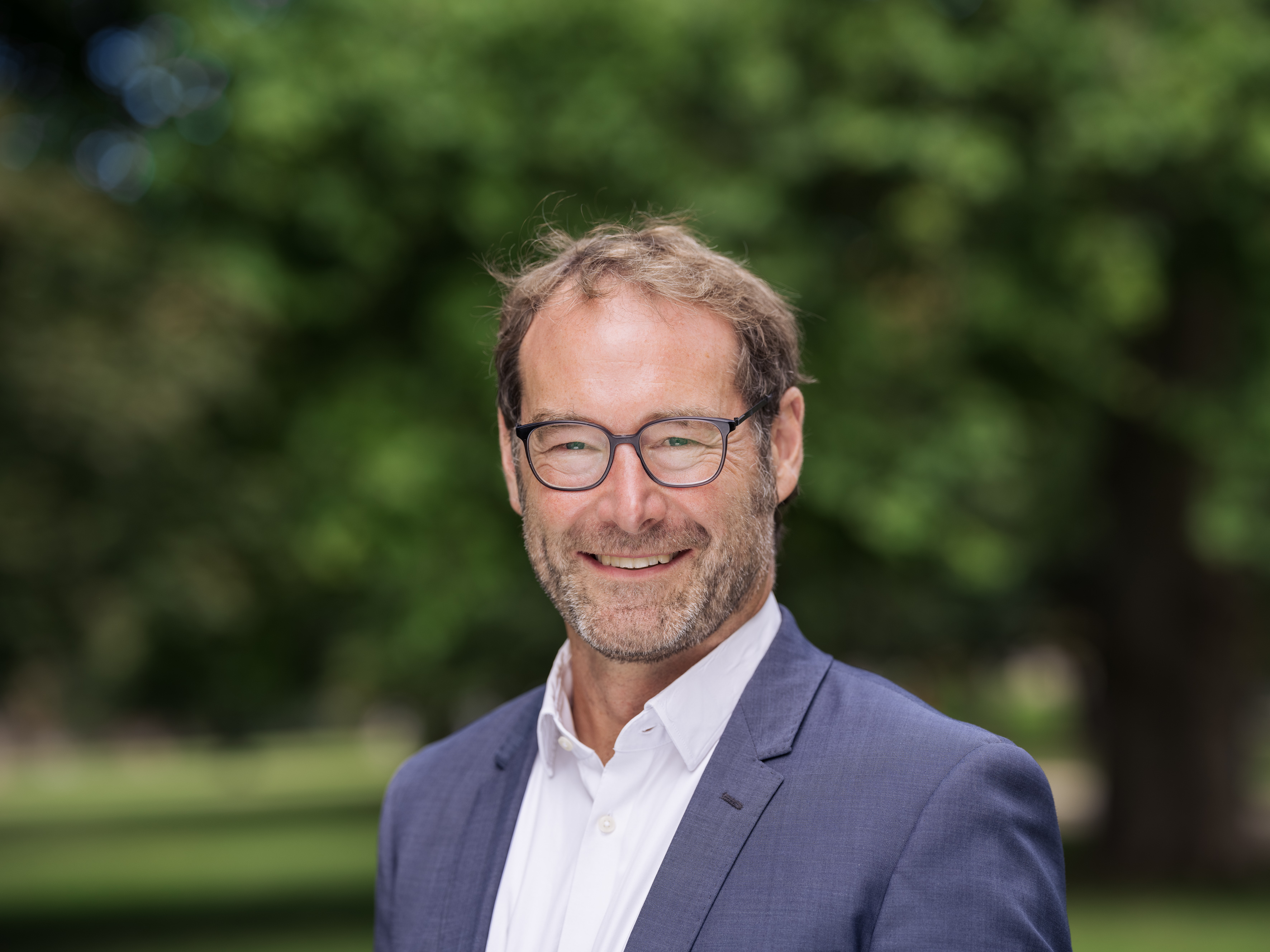
Jens Kaffenberger
Deutsches Studierendenwerk, Referatsleiter Informations- und Beratungsstelle Studium und Behinderung (IBS)

Dr. Peter Kostädt
Universität Potsdam, Chief Information Officer, Mitglied Steuerungsgruppe Digitale Barrierefreiheit
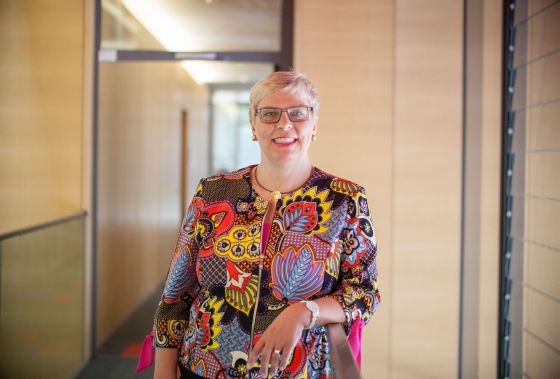
Prof. Dr. Erdmuthe Meyer zu Bexten
Hessisches Ministerium für Soziales und Integration/Regierungspräsidium Gießen, Landesbeauftragte für barrierefreie IT, Leiterin Landeskompetenzzentrum für barrierefreie IT und der Durchsetzungs- und Überwachungsstelle barrierefreie IT (LBIT)

Linda Rustemeier
Goethe-Universität Frankfurt/HessenHub (ehemals digLL Hessen) Mitarbeiterin in der Medienproduktion und - didaktik und im Innovationsforum Barrierefreiheit (HessenHub), Tutor:innenqualifizierung, promovierend zu Serious Games
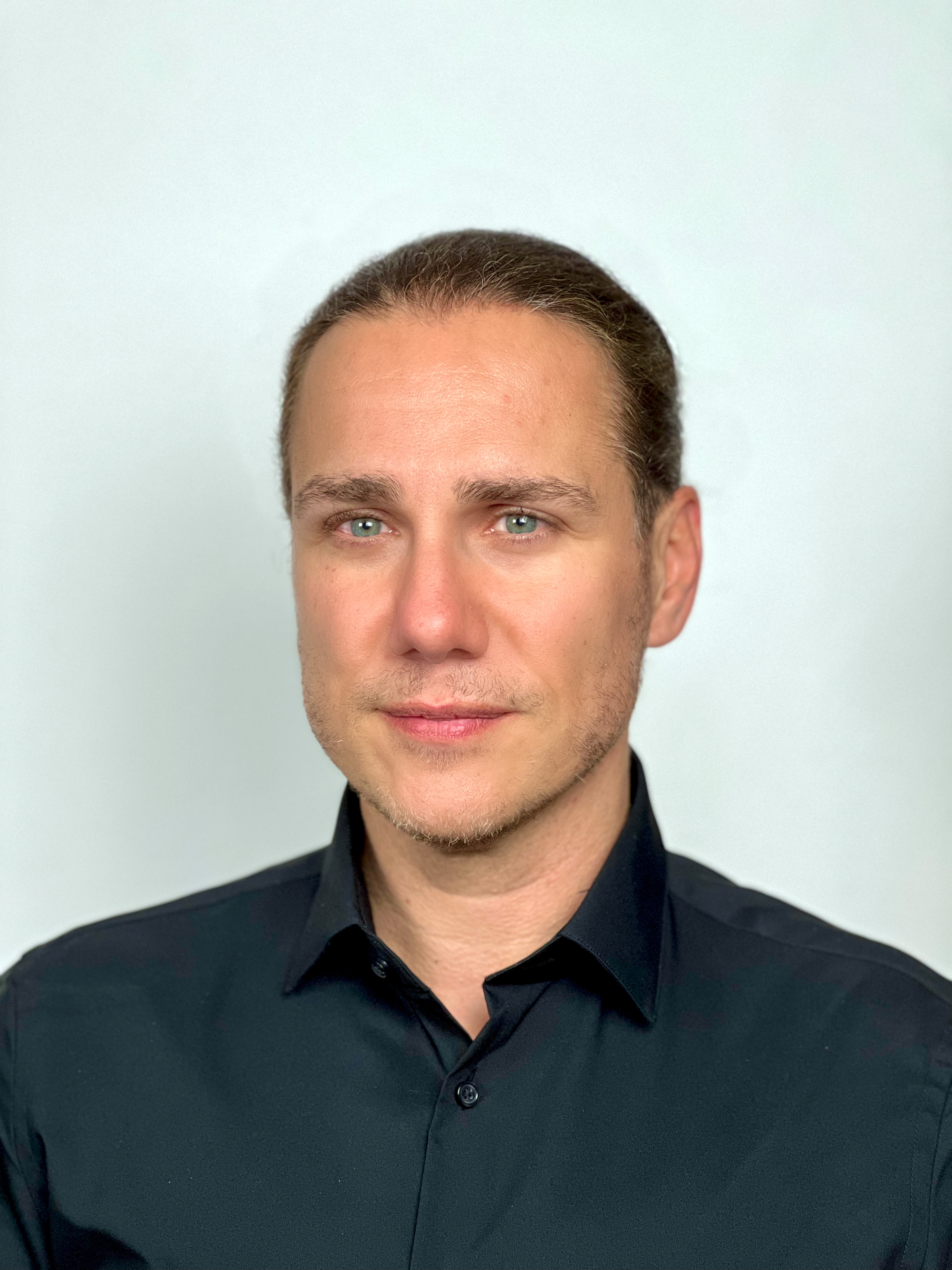
Dr. Thorsten Schwarz
Karlsruher Institut für Technologie (KIT), Mitarbeiter Studienzentrum für Sehgeschädigte, Leiter Barrierefreie Literaturaufbereitung, Leiter Accessibility Lab des KIT

Prof. Dr. Benjamin Tannert
Hochschule Bremen, Professor für angewandte Medieninformatik, Leitung des Instituts für Digitale Teilhabe

Prof. Dr. rer.nat. habil. Gerhard Weber
TU Dresden, Professor für Mensch-Computer-Interaktion, Beauftragter für Studierende mit Behinderung und chronische Erkrankung

Prof. Dr. Gottfried Zimmermann
Forschung, Lehre und Standardisierung in allen Bereichen der digitalen Barrierefreiheit
Contact:
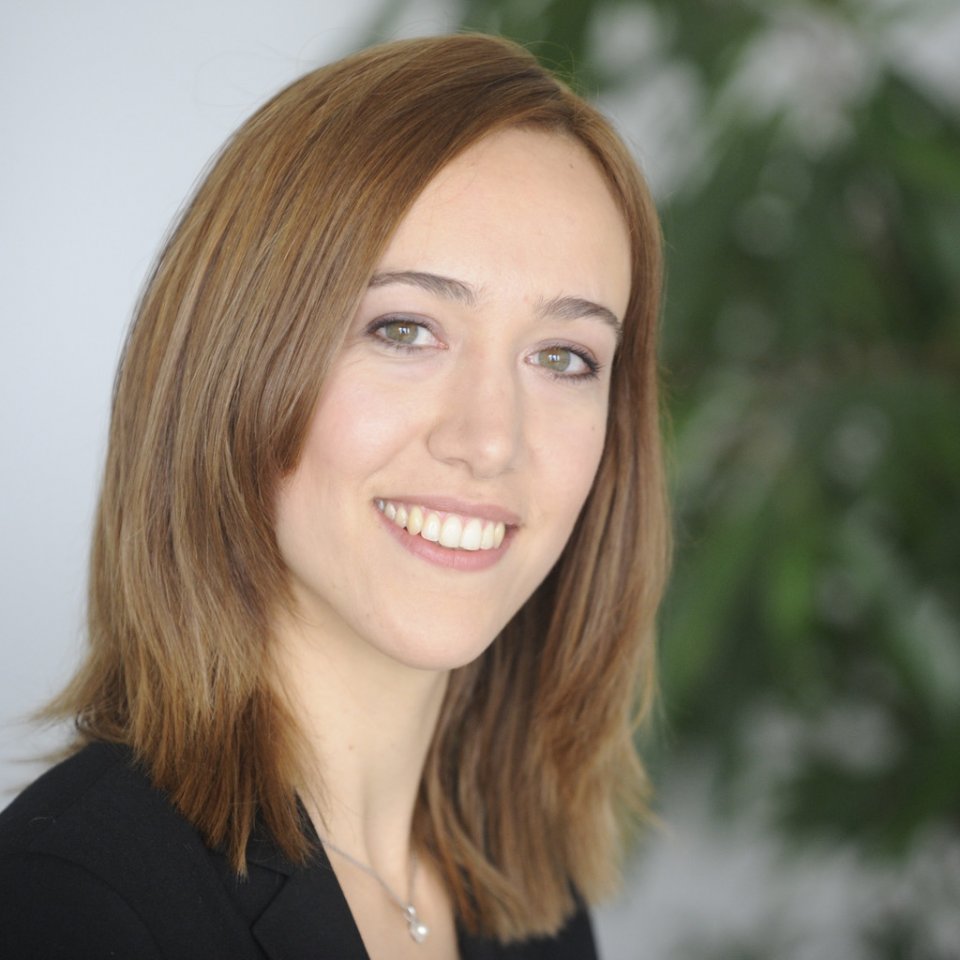 Luisa Gregory
Luisa Gregory
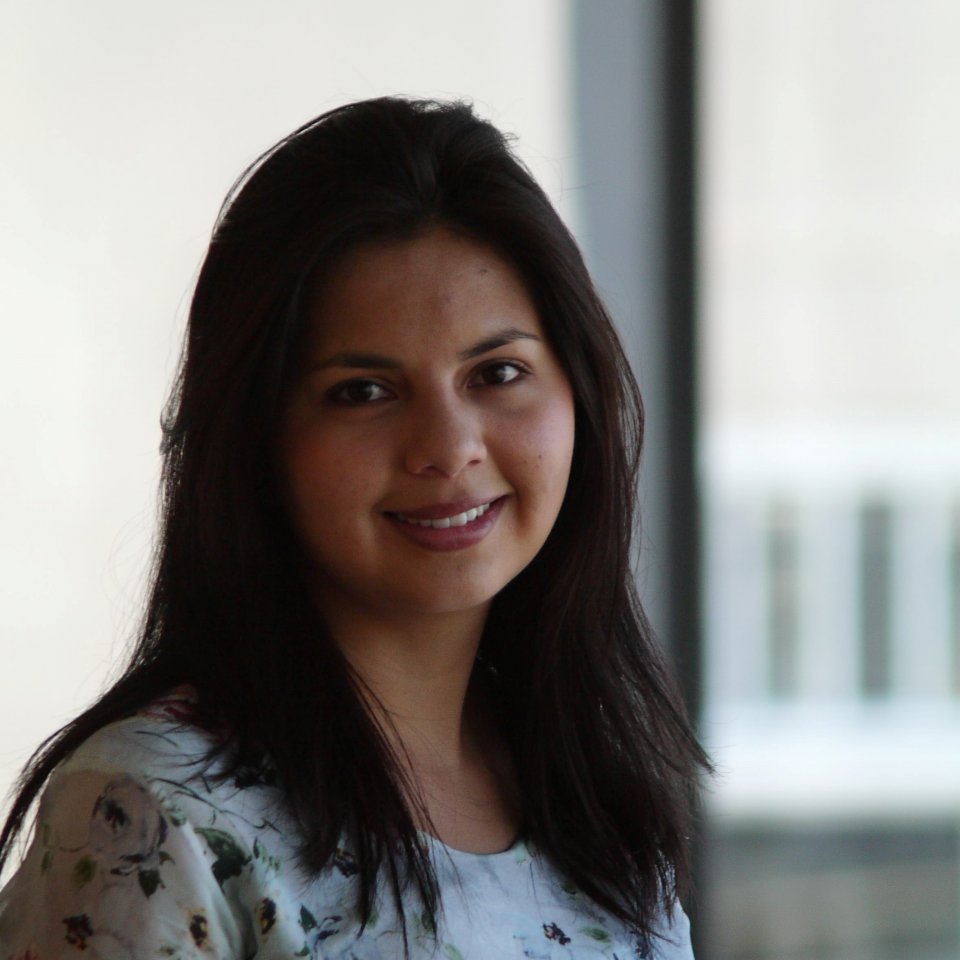 Estefania Velasquez
Estefania Velasquez
